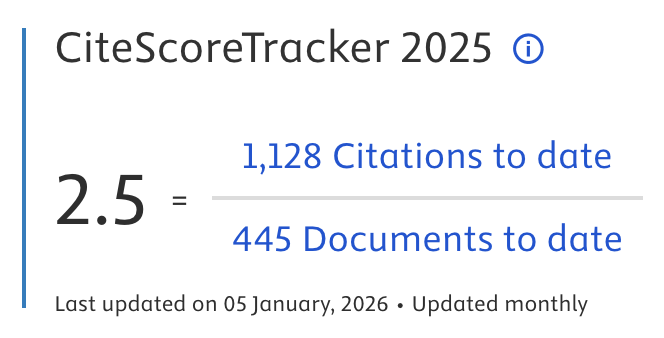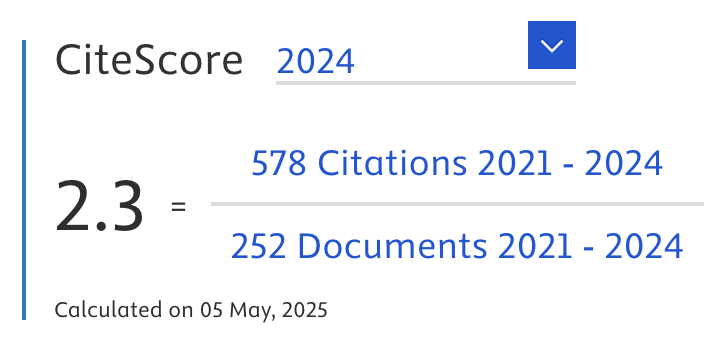Explaining Students' Digital Entrepreneurial Behavior: The Role of Social Media Adoption in an Integrated TPB–UTAUT Model
Abstract
Amidst digital transformation and demographic bonuses in Indonesia, the emergence of digital entrepreneurship among the younger generation has become a promising yet challenging phenomenon. The main objective of this study is to develop and empirically evaluate an integrated model that explains students' digital entrepreneurial behavior by integrating psychological and technological viewpoints and combining the Theory of Planned Behavior (TPB) and the Unified Theory of Acceptance and Use of Technology (UTAUT) approaches. TPB has been widely used to predict entrepreneurial intentions and behavior. However, TPB is not yet considered to be able to capture the role of comprehensive technology adoption in the context of digital entrepreneurship. To bridge this gap, this study integrates the UTAUT approach, which focuses on technology acceptance factors. This integration addresses the shortcoming of the TPB by completely including the impact of digital technology adoption on entrepreneurship, while the UTAUT fails to include psychological motivation. PLS-SEM analyzed data from 322 student entrepreneurs who run social media-based enterprises. The study found that the TPB-UTAUT framework explains 62.2% of the variation in social media adoption (R² = 0.622) and 62.6% of the variance in entrepreneurial activity (R² = 0.626). Eight out of nine hypotheses were supported: attitudes (β = 0.330, p < 0.001) and perceived behavioral control (β = 0.189, p = 0.008) significantly influenced social media adoption, while attitudes (β = 0.155, p = 0.006), perceived behavioral control (β = 0.295, p < 0.001), performance expectancy (β = 0.149, p = 0.011), and social media adoption (β = 0.225, p = 0.001) directly enhanced entrepreneurial behavior. Effort expectation influenced adoption (β = 0.183, p = 0.005) but not behavior (β = 0.101, p = 0.069). The novelty of this study lies in demonstrating that among digital-native students, effort expectancy loses significance in predicting entrepreneurial behavior, indicating a generational shift in technology adoption dynamics. These insights offer theoretical enrichment and practical implications for designing digital entrepreneurship curricula and policies in developing countries.
Article Metrics
Abstract: 387 Viewers PDF: 317 ViewersKeywords
Full Text:
PDFRefbacks
- There are currently no refbacks.

Journal of Applied Data Sciences
| ISSN | : | 2723-6471 (Online) |
| Collaborated with | : | Computer Science and Systems Information Technology, King Abdulaziz University, Kingdom of Saudi Arabia. |
| Publisher | : | Bright Publisher |
| Website | : | http://bright-journal.org/JADS |
| : | taqwa@amikompurwokerto.ac.id (principal contact) | |
| support@bright-journal.org (technical issues) |
 This work is licensed under a Creative Commons Attribution-ShareAlike 4.0
This work is licensed under a Creative Commons Attribution-ShareAlike 4.0





.png)